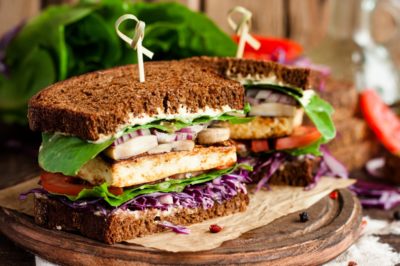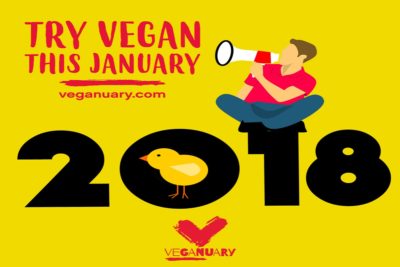Is dairy an essential source of calcium? Not quite. Here’s how to get calcium without dairy.
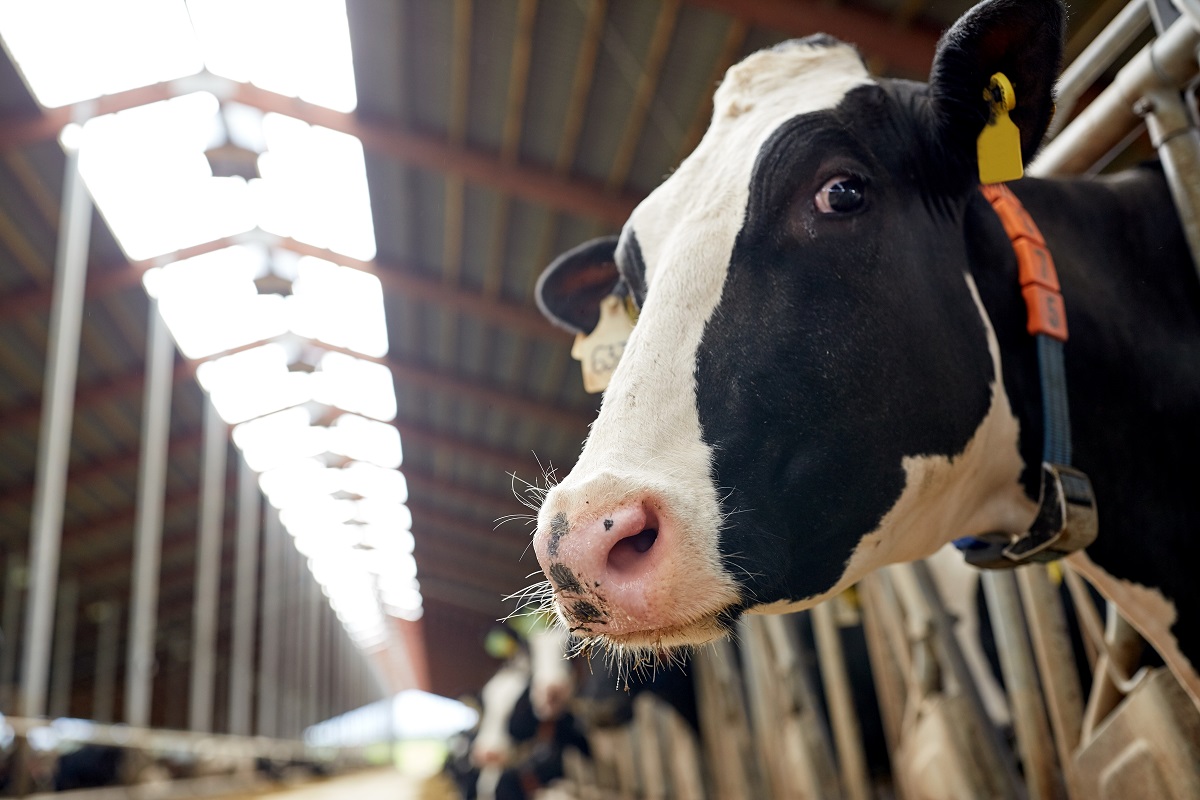
You must have heard it a thousand times – “you’re vegan, be careful to get enough calcium!”
Many of us are taught that dairy is an essential source of calcium, but this isn’t true. Bone health is about more than just calcium, and calcium is about more than just dairy!
non-dairy Sources of Calcium
The NHS recommends around 700mg of calcium a day, but we don’t have to get it from dairy.
Eating a plant-based diet can provide sufficient calcium, but we do need to be mindful to eat foods that are good sources of it. They include:
- Calcium-set tofu (not all tofu is made this way so choose varieties that are. 100g of tofu gives you 400mg calcium, or just over half of your daily requirement)
- Fortified plant milks and yogurts (one serving will provide you with about 115mg or one-sixth of your daily need)
- Bread (in the UK and elsewhere, most flour is fortified with calcium and other nutrients. There is about 50mg per slice of bread.)
- Beans (they contain around 70mg of calcium per serving)
- Spinach (one cup of cooked spinach yields 245mg calcium)
- Kale (50g of cooked kale yields about 70mg calcium)
- Other leafy green vegetables such as mustard greens, pak choi, broccoli and chard yield similar quantities to kale
Other foods that add a smaller but useful amount include sesame seeds, tahini, chia seeds, blackcurrants, black treacle or molasses, Brazil nuts, sultanas and figs.
Getting your calcium from plants and dairy alternatives is not only possible, it also offers significant advantages over dairy when it comes to overall bone health.
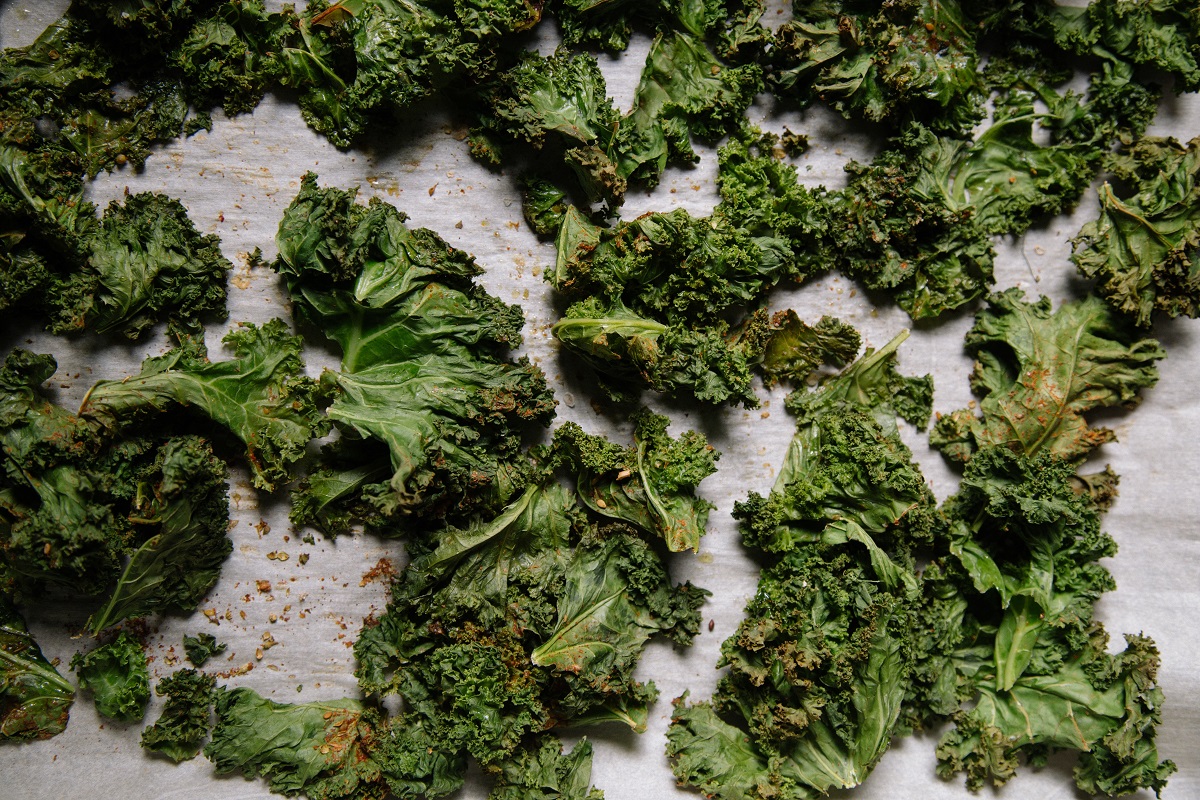
Casein can Damage the Gut
Cows’ milk contains a protein called casein which is associated with increased inflammation in the intestines.
Once the delicate gut lining becomes damaged and inflamed, we have a harder time absorbing the vitamins and minerals in our food – including calcium and magnesium.
Plant Protein Beats Animal Protein
100ml of cows’ milk contains 3g protein, and we need protein in our diets for energy, growth and repair.
Although protein is found in both animal and plant products – and it is very easy to find on a vegan diet – they are not the same.
Protein from animals is linked to a range of health conditions, with one study reporting that a diet rich in animal protein is associated with a greater risk of early death.
Protein from plants does not come with these risks.
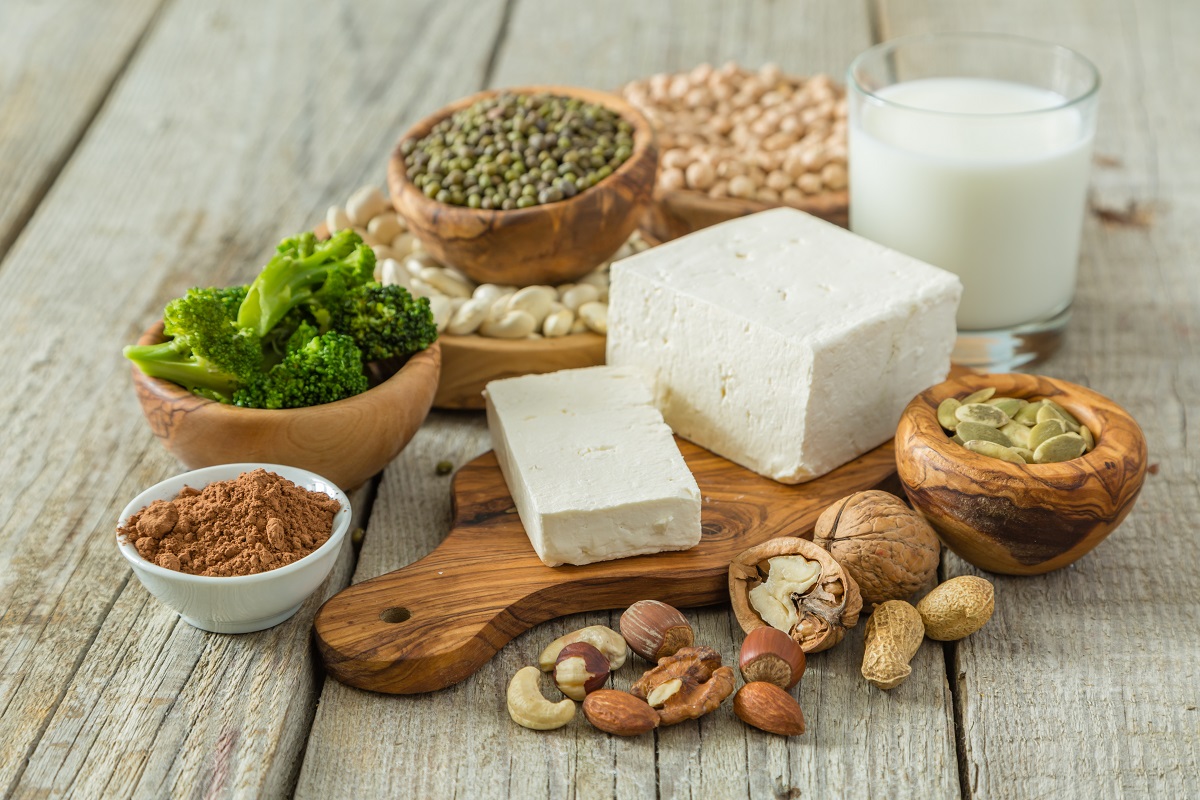
Two Kinds of Vitamin A
There are two types of vitamin A. The first is preformed vitamin A which is found in animal products, including dairy.
The second type is provitamin A, which is found in plants, with the most common type being the carotenoid, beta-carotene.
Population-based studies have linked high dietary intake of animal-based preformed vitamin A to a greater risk of osteoporosis and hip fracture. In contrast, carotenoids are associated with improved bone health.
It’s Not Just Calcium
Calcium is essential for bone health and it can do its job a whole lot better if we also have a good supply of two other vitamins: vitamin D and vitamin K.
Vitamin D
Getting enough calcium is one thing but we need to absorb it and vitamin D is essential for this.
In summer months, the sunshine should allow our bodies to manufacture all the vitamin D we need, but in winter, those who are older or living in northerly latitudes – including the UK – and those who have darker skin will need more.
To make sure you get sufficient – not just for bone health, it helps our mental health too – it’s important to include vitamin D in the diet. Choose:
- Fortified plant milks, yoghurts and butters
- Mushrooms
- Many breakfast cereals, which are already fortified with it
A daily supplement is also recommended for everyone – not just vegans – living in northerly latitudes in the winter.
Public Health England’s advice is: From October to March everyone over the age of five will need to rely on dietary sources of vitamin D (as we can’t obtain a sufficient amount from the sun).
Since vitamin D is found only in a small number of foods, it might be difficult to get enough from foods that naturally contain vitamin D and/or fortified foods alone.
So everyone should consider taking a daily supplement containing 10 µg of vitamin D.
Vitamin K
Good bone health also requires vitamin K as it helps to keep calcium in the bones and away from the blood vessels.
Cows’ milk – like other animal products – contains very little vitamin K, but it can be found plentifully in green leafy vegetables like spinach, kale and broccoli, as well as in spring onions, kiwi fruit, grains and vegetable oils.
What Shouldn’t We Eat?
A diet high in protein, alcohol and caffeine can reduce absorption and retention of calcium, so avoid too much of these.
Bone Health is More Than Diet
There are two more things to consider. To strengthen our bones, we need to do regular weight-bearing exercises such as running, dancing or lifting weights. (Swimming and cycling are great for overall health but do not meaningfully contribute to bone health.)
And finally, smoking is a risk factor for osteoporosis and bone fractures and should be avoided.
Looking for more information about the disadvantages of dairy? Check out our blog about cows and the dairy industry.

